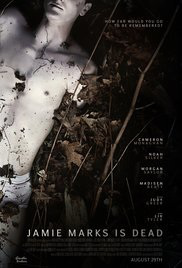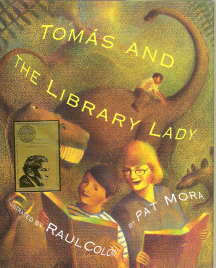Looking for the path ahead: more books, more insights, more ideas.
When someone in your family passes, usually something else is lost that people don’t see right away. A lifetime’s worth of well-established patterns in a whole family system can spin out of balance. This beautiful person who isn’t here anymore, in what ways were they an important part of how everything worked?

Starting from a place of pain, everyone who ever loved them begins a personal journey through the dark wood of grief. And in ideal circumstances you can be there for one another, but in less than ideal circumstances things can quickly fall apart because of a picture much bigger than any one person or part.
Harriet Lerner wrote a series of books about the family system, and I found her insights invaluable in gaining perspective on that bigger picture. And there IS a bigger picture with grief too.
Balance is often thought of as equal parts on two sides, but within relationships there are other ways for things to “balance”. A common pattern is when an under functioning person, someone who has difficulty managing things, fulfilling roles or making decisions, pairs up with an over functioner, someone who is overly focused on other people’s problems and actually does things that are part of the other person’s life responsibilities (with the belief that “If I don’t do it, nobody will”).
My mother over functioned, and her partner under functioned. When she died, her partner had more on his plate than I could appreciate. He was suffering a loss of more than just a companion, he had lost a caregiver.
2. Alcoholism
Everyone in the family knew he had a drinking problem. But my mom had been working with him on it. Not surprisingly, his method of dealing with his grief was with alcohol. This made him moody, forgetful and when drunk, irrational.
When I stepped onto the scene of the last act of my mother’s days, I was also stepping into her role as an over functioner – doing everything for everyone. I wanted and needed to be there for my mother. But after she passed, I was becoming more and more uncomfortable with what her partner was asking of me. He wanted me to “be there for him” and help him “in all the little ways” just like my mother had.
It is so disappointing and frustrating when someone you wish were helpful, turns into something selfish and ugly. When I started to assert healthy boundaries and separateness, my stepfather’s drunken reaction of fear and rage pushed me past my limit of grieving daughter, executor and temp-mom. I couldn’t stop crying and he wouldn’t stop yelling. The police were called.
Living with the memory of all the horrific things he said hurts every time I remember. My anger flares with each recollection of his textbook alcoholism: his paranoia, his conviction of complete innocence, his avalanches of blame, the couch he never moved from, and the bottles he collected by the door.
Because it was no secret he had a problem, my distant relatives insisted he was sick and it was up to me to look after him. He had no friends. He wasn’t working and didn’t have strong ties with anyone in his own family.
In the beginning I was so focused on doing everything that needed doing, I didn’t stop to question what was my responsibility, and what wasn’t. But the shift from feeling guilty about not giving enough or not doing enough for others, properly turned into anger about not getting enough. I was able to walk from, “Why was everything up to me?!” to “What’s the bigger picture of what’s happening here?”
3. New Roles and Responsibilities
In the vacuum left by my mom, I found myself needing to do something that wasn’t necessary before: I had to speak up for myself to my own family. Gone were the days where there was someone else to speak up with my best interests in mind. For me that meant speaking to my distant relatives about the limits of my responsibilities, and handing over the responsibility of my stepfather’s life back to where it belonged – with himself.
Every situation is different, but some family members might put down your fears, minimize your concerns, or disqualify your perception of reality. There might be a lot of blaming and diagnosing of ‘what their problem is’. But as hard as it is to have all that emotionally charged “stuff” flying around, I’ve realized nobody needs to change, criticize or convince.
All you need to do (all you really CAN do) is separate yourself a bit from everyone’s wishes and expectations, clarify your own values, evaluate your own choices and priorities and to make decisions regarding what you will and will not do.
More simply put, it is our responsibility to clarify our beliefs and take action in accord with them. It’s up to us to define the terms of our life and take action on our own behalf, since no one else will do it for us.
My distant relatives might think poorly of me, but that’s OK. They weren’t there to help, they are entitled to their own opinions and I know I did all that I was cable and comfortable with doing. My step-father was left with only himself to face and that’s his responsibility. No one can force him into treatment.
I’m still not very good at taking what my family says with a grain of salt, but I see the benefit of endeavoring to walk in this direction. Because all we can do is live our own life as well as possible. Whatever that looks like.
Advertisements Share this:





